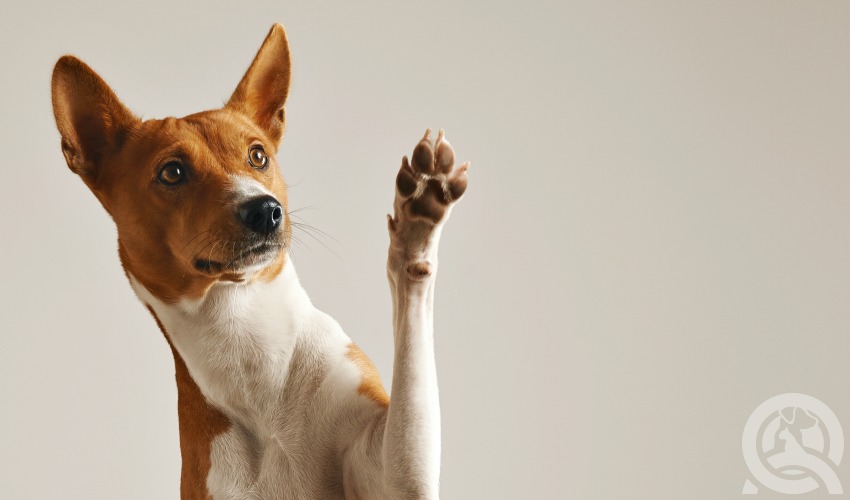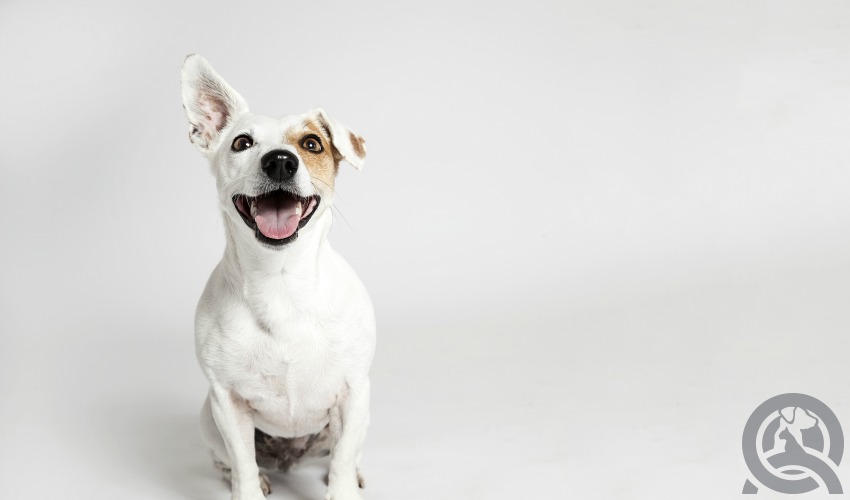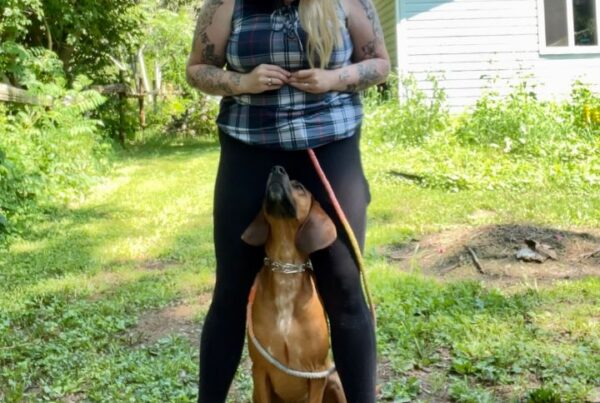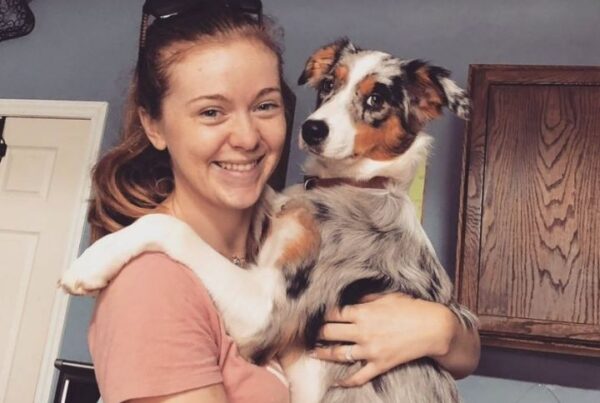Pet grooming isn’t just emotionally rewarding—you can earn a great salary too! If you’re truly passionate about what you do, you’ll see your earning potential grow with experience. But your salary can vary widely in this profession even if you’ve had years of experience. You can expect your salary to be different just based on whether you’re freelance or employed by a company.
Just as with any job, freelancers and full-time employees of a company have different contracts. These contracts determine a groomer’s salary. But freelancers have more factors to consider than employed groomers. At the end of the day, is there actually a big difference in income? Keep reading to find out!
Freelance vs. Self-employed
We need to clear something up before we start: freelance isn’t the same thing as self-employment! Self-employed groomers run their own business and work for themselves. They can choose to take on freelance jobs, yes, but this is at each groomer’s discretion.
Freelance groomers aren’t associated with any company (at least not long-term). They do work for themselves, but they enter into temporary contracts with companies and businesses. They may choose to work extended contracts with some employers, but commitments are usually short-term!
The biggest difference is that self-employed people pay themselves while freelancers earn wages from an employer. Now we can move on to the differences between a freelancer and an employee…

Freelance vs. Employed
Freelance and employed groomers can work for the same companies. If you’ve been paying attention you’ll know the difference lies in the contracts! Employed groomers can work a full-time or part-time. In either case, they are registered as employees of a company, not freelancers. For the sake of comparison, let’s compare the salary of full-time employed groomers with freelancers.
The average employed groomer earns $40,000 depending on their experience. Average freelance groomers earn about $28,000/year. But outside of individual differences between groomers, what factors contribute to the difference in pay? Here are some of the biggest factors.
Payment schemes:
The retailer or salon that employs a groomer can pay for their work in a number of ways:
- Hourly Wage
- Salary Wage
- Commission
- Combination
You’ll see these 4 payment schemes no matter where you work! You’ll most likely encounter the combination scheme during your grooming career (if you aren’t self-employed).
Full-time employees receive a guaranteed wage by taking salary positions. For those on hourly wages, you may be asked to leave early if there aren’t enough appointments booked. It’s common to earn hourly and commission combination wages. However, the commission rate may be lower than that earned by a freelancer. We’ll get into possible reasons for this in a bit!

Charging for Services:
Dog groomers who work for a salon must charge the salon-standard rate. They can’t decide what to charge on a whim! This applies to both employees and freelancers.
A pet groomer who works in a salon doesn’t pocket 100% of what the client pays if they’re on commission. Depending on the spa, 40-60% of the total service charge goes to the groomer. The rest goes to the salon.
Make no mistake: a freelancer doesn’t earn 100% profit after every appointment. They also have to cover overhead costs like insurance and equipment. When a freelancer draws a contract with their employer, the employer will also extract a percentage of their earnings.
Choose clients:
Freelance groomers can choose the clients they take on. Some freelancers may have contracts with multiple salons. They can also take on personal clients. Depending on their contract, they may not always be around for every dog brought into the salon. They may further narrow their clients if they refer old clients they’ve developed relationships with to come to the salon for a groom.
Yes, employed groomers can choose the dogs they groom, but only to a certain extent. Salon groomers might have a list of criteria they go through during consultations. If the dog is aggressive or lacks key vaccinations, they can turn the dog away. But they aren’t able to turn away clients simply because they don’t feel like working with Corgis that day. After all, a salon’s overall revenue depends on the clients!

Work environment
While geographical location can affect every groomer, the exact work locations and industries could make a difference between an employee’s and a freelancer’s salary.
Is the employed groomer working at a vet’s office? Maybe she’s the on-set groomer for an animal-themed movie. In these cases, she may receive benefits—something a freelancer isn’t entitled to. This will make a difference in the employee’s hourly or salary wage compared to that of a freelancer. As is the case with most professions, the freelancer may earn a higher wage to make up for this!
Frequency of work
The final factor? Frequency of work! Full-time employees usually have a set number of work hours a week, thus guaranteeing a wage. As long as they have the position, they can rely on a steady stream of income.
On the other hand, freelancers often take multiple contracts a year. Their flexibility allows them to work one-off charity events, participate in dog shows to work for the organizers, and so on. As such, they could potentially earn a higher wage! They can accept more opportunities since they don’t have any full-time job commitments. However, when they’re starting out and building their skills, they may see a lower salary for the same reason. And if they have stretches of time between contracts? You guessed it, their wage will vary!
Are you looking to switch from freelance to employee or vice versa? Share your story in the comments below!
Looking to become a dog groomer? Find out if you have what it takes in our quiz!







